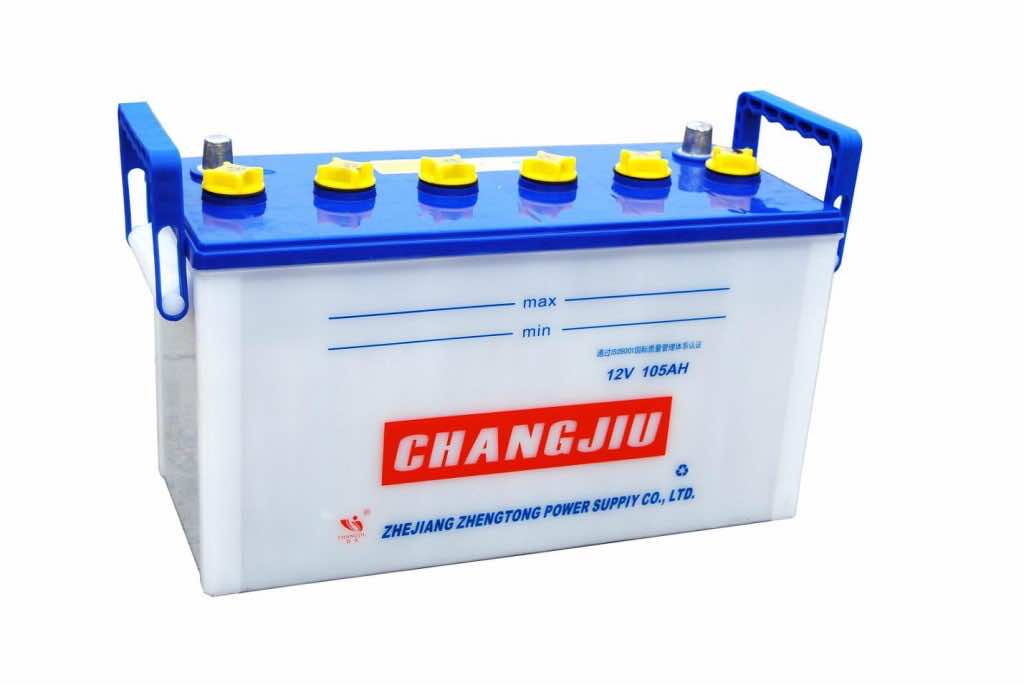Boost Your Journey: Choosing the Ideal Accumulator for Your Ride
As you think about keeping your vehicle running smoothly, nothing is as vital as the battery. Regardless of whether you're in a car or on a motorcycle, the suitable battery supplies the power required to start your engine and keep all your electrical systems functioning. With a plethora of options on the market, it can be overwhelming to choose from the choices available. Understanding the crucial factors that impact battery performance is vital for crafting an educated decision.
Choosing the best battery for your vehicle involves more than just choosing a brand or price. It's important to consider factors such as capacity, category, energy, and environment. A well-chosen battery can enhance your vehicle's performance, lengthen its lifespan, and ensure that you remain reliable on the road. In this piece, we will assist you through the key considerations to help you choose the right battery customized to your needs.
Types of Automobile Power Sources
When selecting a power source for your automobile, it's essential to know the various kinds available. The most common types are acid-lead batteries, that have been in use for many years. They are affordable and reliable, making them a common choice for many vehicles. Lead-acid batteries come in two primary types: traditional flooded batteries and maintenance-free batteries. Flooded batteries require routine maintenance, while sealed batteries are engineered to be hassle-free.
An additional increasingly favored choice is the absorbed glass mat (AGM) battery. AGM batteries feature a distinct design that enables them to withstand vibrations and high temperatures more effectively than standard lead-acid batteries. They are also more tolerant to spills, making them a safe choice for motorcycles and off-road automobiles. AGM batteries tend to have a extended lifespan and can deliver more power, that is perfect for vehicles with high electrical demands.
Lithium batteries are an additional type gaining, especially in battery-powered vehicles and some high-performance motorcycles. They are lightweight and have a greater energy density compared to traditional batteries. This means they can provide larger power while being more compact. However, lithium-ion batteries do tend to be somewhat expensive and may require specific charging systems. Choosing the right type of battery ultimately depends on your automobile's needs and your budget.
Key Factors in Battery Selection
As you consider selecting a battery for your vehicle, the first factor to consider is the type of battery that best fits your needs. There are two major categories of batteries: lithium-ion and lead-acid. Lead-acid batteries are often utilized for classic automobiles and motorbikes due to affordability and durability. However, yuasa battery -ion batteries are becoming more favored because of their lighter weight, longer lifespan, and higher power output. Understanding these differences will help you determine which type aligns with your driving habits and vehicle requirements.
An additional consideration is the battery's cold cranking amps rating, as this reflects its ability to start in cold weather. This is particularly crucial for those living in colder climates, where starting a vehicle can become challenging. Ensure that the battery you choose has a cold cranking amps rating that meets or surpasses the manufacturer's recommendations for your vehicle. Also, don't overlook the reserve capacity, as it shows how long the battery will operate independently during a failure or breakdown.

Finally, compatibility with the electrical system of your vehicle is critical. Different vehicles demand differing electrical capabilities, so it's important to choose a battery that conforms to those standards. Make sure to examine the dimensions and terminal configuration for proper compatibility. Additionally, consider the warranty offered, as a longer warranty often indicates confidence in the battery's performance and longevity. Prioritizing these factors will help you choose the most suitable battery for your car, ensuring reliability and optimal performance.
Caring for Your Automobile Battery
To guarantee your car battery continues to be in optimal condition, routine service is necessary. Start by checking the battery terminals for corrosion, which can hinder performance. Remove any accumulation using a combination of sodium bicarbonate and water, and a wire brush if required. Make sure to unplug the posts before you clean and reconnect them firmly afterward to ensure a strong connection.
Another important aspect of accumulator maintenance is monitoring the liquid level. If your battery is not low-maintenance, inspect the electrolyte level in each cell. If it's not sufficient, put in pure water to reach the recommended level. This practice helps in lengthening the duration of your accumulator and staves off it from drying out, which can cause untimely failure.
Lastly, keep an eye on the battery's overall health by measuring its voltage periodically. Several auto parts locations offer complimentary voltage testing, which can help identify potential issues before they worsen. Additionally, ensure that your battery is correctly secured in its tray to prevent movement that may lead to internal harm. By adhering to these tips, you can extend the lifespan of your accumulator and guarantee dependable performance.